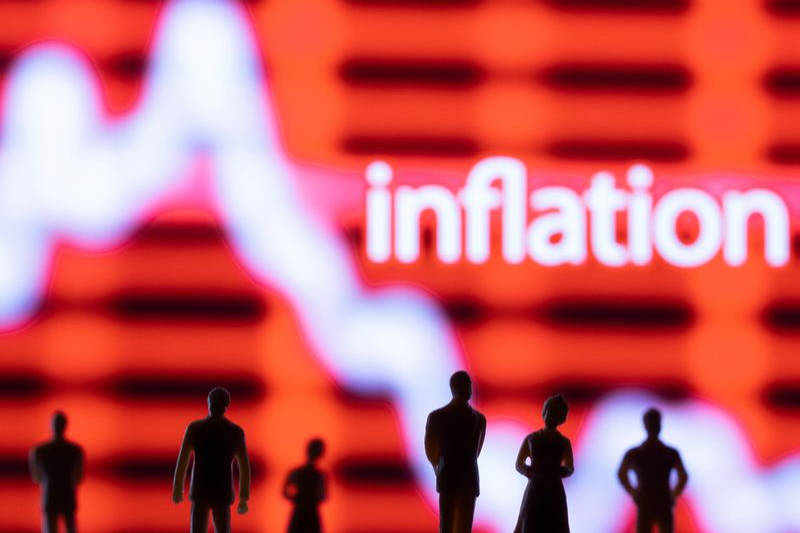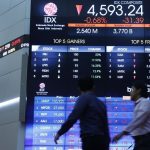Inflation is a formidable economic force that can greatly impact the financial health of individuals, businesses, and even nations. Recently, there has been much discussion surrounding inflation and how it may be affected by the imposition of tariffs. While conventional wisdom may suggest that tariffs can help combat inflation by protecting domestic industries and reducing imports, a deeper examination reveals that the situation is more complex than it seems.
Tariffs are essentially taxes imposed by a government on imported goods. The rationale behind tariffs is to protect domestic industries from foreign competition, ultimately helping to boost the domestic economy. In theory, tariffs can lead to an increase in the prices of imported goods, which may then reduce demand for these products. As a result, domestic producers could see an uptick in sales, leading to increased production and job creation.
However, the relationship between tariffs and inflation is not as straightforward as it may appear. While tariffs can indeed lead to higher prices for imported goods, they can also have unintended consequences that may contribute to inflation in other ways. For example, if a country heavily relies on imports for a particular product, imposing tariffs could result in shortages or supply chain disruptions, leading to price increases due to scarcity.
Moreover, tariffs can also spark retaliatory actions from other countries, leading to a trade war that can further exacerbate inflationary pressures. When countries engage in tit-for-tat tariff impositions, it can disrupt global supply chains, increase costs for businesses, and ultimately lead to higher prices for consumers. This domino effect can have far-reaching implications on inflation and economic stability.
Another factor to consider is the impact of tariffs on inflation expectations. If businesses and consumers anticipate that tariffs will lead to higher prices in the future, they may adjust their behavior accordingly. Companies may raise prices preemptively to offset potential cost increases, while consumers may start hoarding goods or making purchases earlier than planned, both of which can contribute to inflationary pressures.
Furthermore, the effectiveness of tariffs in combating inflation may vary depending on the overall economic conditions. In times of economic downturn or recession, tariffs may not be as effective in curbing inflation, as weak demand and excess capacity in the economy can offset any potential price increases resulting from tariffs. In such situations, the focus may shift towards stimulating demand and promoting economic growth through other means.
In conclusion, while tariffs have the potential to influence inflation dynamics, their impact is nuanced and multifaceted. While tariffs may lead to higher prices for some goods, they can also have unintended consequences that may contribute to inflation in other ways. Additionally, factors such as retaliatory actions, supply chain disruptions, and inflation expectations can further complicate the relationship between tariffs and inflation. As policymakers navigate these complexities, it is essential to carefully consider the broader economic implications of tariffs in the context of inflation and overall economic stability.



